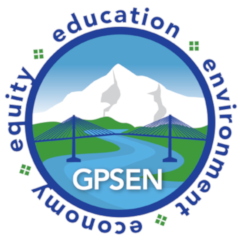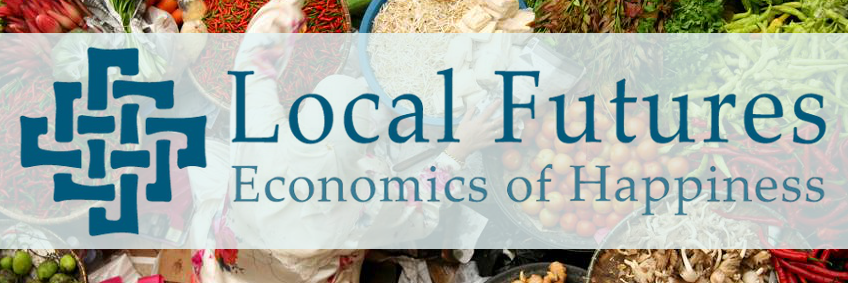Planet Local Library
CurriculumEconomic localization means putting people and planet above corporate profits. It means allowing for the full expression of human creativity, empathy and passion.
In our Planet Local Library, we highlight some of the most outstanding examples of localization in action, profiling a cross-section of grassroots initiatives from around the world and from every sector of the economy — from agriculture to finance to renewable energy and everything in between.
We recently added several new entries to Planet Local, including:
- Vestigium (Croatia), a community center founded by six local women who opened Croatia’s first zero-waste café. Recognizing the need to combat the isolation of modern consumer culture, Vestigium’s café features locally sourced organic food bought in bulk with no plastic packaging. The center also provides classes in organic food production, a community-run library, and environmental education and waste reduction programs in the local public school.
- Gangstas to Growers (USA), which trains previously incarcerated young adults in farming and entrepreneurship skills. Centered in Atlanta, Georgia, G2G’s three-month training program breaks the cycle of generational poverty, while yoga, group therapy, and seminars with local farmers, nutritionists, and activists create a solid foundation for reintegrating into society. Trainees receive a living wage and, upon completion, a job placement with the South West Atlanta Growers Cooperative or another local organization.
- Eigg Electric (Scotland), the main electricity supplier on the island of Eigg. The island once relied on noisy, expensive diesel power generators, but has now transitioned to a fully off-grid electrical system integrating wind, small-scale hydropower, and solar energy. Surpluses of electricity, usually occurring in winter, are used to heat community spaces and churches. Eigg Electric is wholly owned and operated by the island’s 100 residents, through the Isle of Eigg Heritage Trust. Though none of the residents had a background in electrical engineering, they taught themselves how to operate the system – demonstrating to communities worldwide that it’s possible to maintain reliable, renewable energy systems without outside utility companies.
We also published an extended article about a unique Planet Local project in Washington, DC, USA: the Seneca Creek Joinery. A staggering amount of wood from fallen trees is wasted every year in the United States, burned or dumped into landfills. Seneca Creek Joinery is setting out to change that, by creating a ‘yard to table’ pipeline for wood from downed urban trees that would otherwise be wasted. By turning that wood into furniture, utensils, or simply firewood, the Joinery is building a local wood economy in the Washington, DC area from the ground up.

